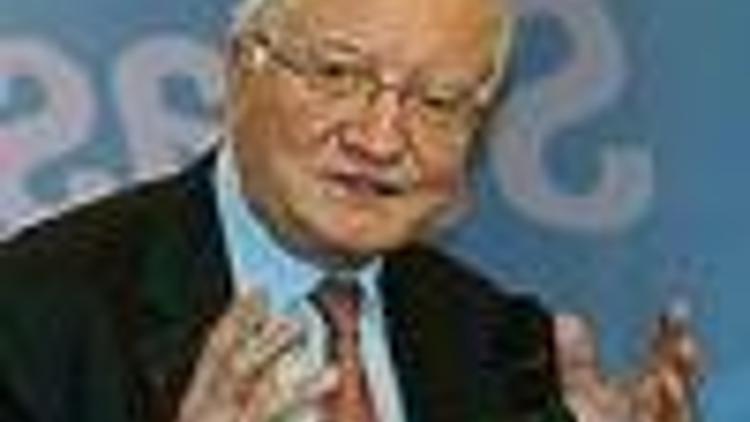ECHR expects Turkey to cancel religious classes
Güncelleme Tarihi:

The European Court of Human Rights expects Turkey to cancel compulsory religious education classes in line with the related ruling and favors to give the states larger room on secularism, the head of the court said on Monday.
Jean-Paul Costa reminded Turkey has complied with all the EHCR rulings and expressed his expectation on Turkey to do the same thing on religious classes ruling in an interview with Milliyet daily. �
The Court has decided content of those lessons did not have pluralism and objectivity that European Convention on Human Rights projected after an Alevi family’s complaint related to the rejection of the family’s demand of their children’s exemption from compulsory religious education classes by Turkish courts on 9 October, 2007. �
NEW DECISIONS UP TO NEW APPLICATIONS
Costa also said there was a relation between the ECHR's Grand Chamber's rulings on the closure of Welfare Party and Leyla Sahin, headscarved student. Grand Chamber is the appeal organ of the ECHR. Sahin appealed to the ECHR in late 1990s following she was not allowed in university because of her headscarf. Later the court ruled that the headscarf ban doesn't violate human rights.
Costa reminded those two rulings was in line with the secularism principle in Turkish Constitution, saying that ECHR introduced larger rooms to maneuvre for the state organs on sensitive issues such as religion-state relationship. �
Turkish parliament overwhelmingly approved in February a bill that lifts headscarf ban in universities, increasing the tension. The ban is practically still in place as the Constitutional Court's decision awaited. �
"We can decide whether the amendment (of constitution to lift the ban) has importance for us to preserve Leyla Sahin conviction or change it, following Turkish Constitutional Court’s investigation", Costa replied to a question.
"Court’s new decisions on headscarf will be up to new applications. And we are going to look for a respective unjust treatment in order to accept such an application", Costa added.

